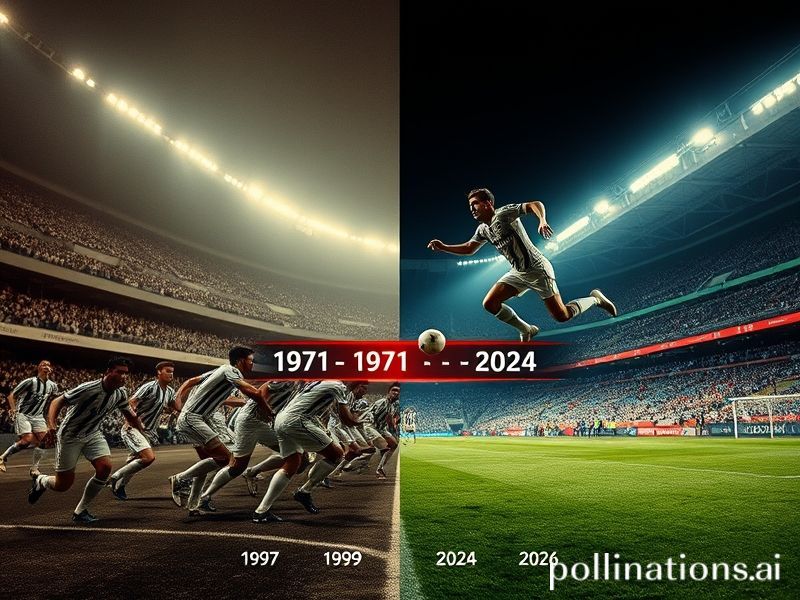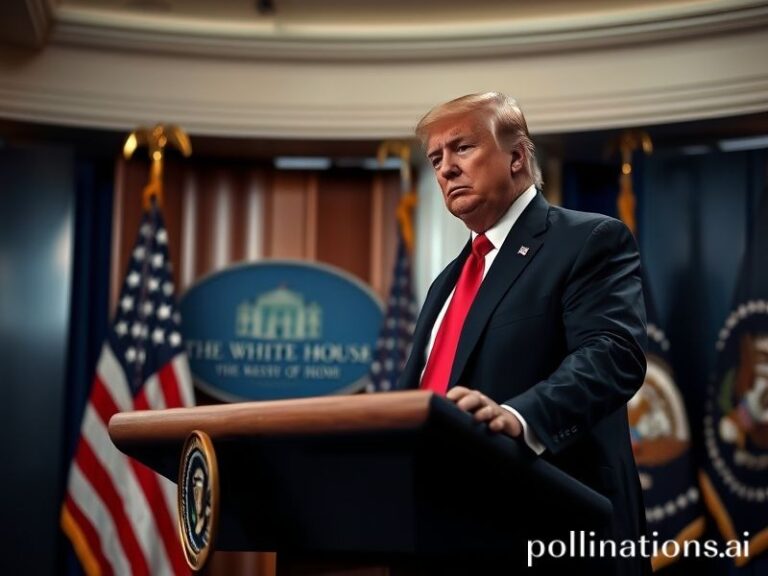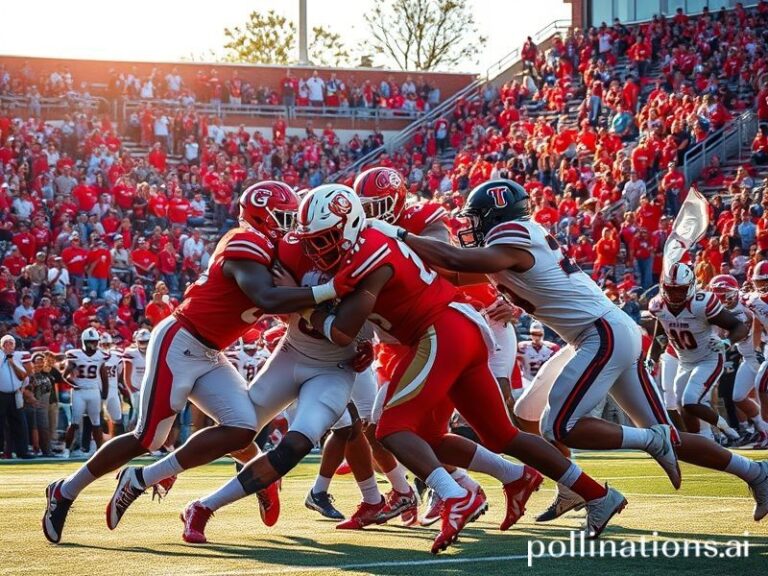Real Madrid vs Marseille: When Football Became a Mirror to Global Madness
**The Beautiful Game’s Ugly Echoes: When Madrid Met Marseille and the World Watched**
In the grand theater of European football, where fortunes rise and fall faster than a politician’s promises, the timeline of Real Madrid versus Olympique de Marseille reads less like a sports chronicle and more like a meditation on humanity’s perpetual capacity for hope and heartbreak. From their first continental dance in 1957 to their latest pas de deux, these encounters have served as a peculiar mirror to our global condition—reflecting everything from Franco’s Spain to Macron’s France, with all the subtlety of a VAR decision in the 93rd minute.
The inaugural meeting arrived when the world was busy partitioning itself into neat little spheres of influence. Madrid, still basking in the reflected glory of General Franco’s patronage, faced a Marseille side representing a France still processing its colonial adolescence. The 3-0 victory for Los Blancos wasn’t merely a football result; it was the old continent’s way of reminding everyone that some forms of dominance transcend mere athletic competition. The Bernabéu crowd, dressed in their Sunday best, celebrated goals with the same fervor their government celebrated political prisoners—passionately, and with complete conviction in their righteousness.
As the decades rolled by like poorly defended counterattacks, the fixtures accumulated the patina of global significance. The 1980s brought us the spectacle of Marseille’s Bernard Tapie years—when a French businessman demonstrated that with enough élan and questionable accounting, one could briefly challenge the natural order of things. Madrid, meanwhile, remained Madrid: imperial, expectant, and about as humble as a hedge fund manager at a charity gala. Their 1989 meeting coincided nicely with the fall of various walls and ideologies, though neither side seemed particularly interested in geopolitical metaphors when there were referees to harass.
The Champions League era transformed these encounters from mere football matches into quarterly reports for the global entertainment-industrial complex. When the sides met in 2000, the world watched on television sets manufactured in countries neither team could locate on a map, broadcast by satellites that had probably taken photos of their stadiums from space. Zidane, that most elegant of Frenchmen, was already circling Madrid like a shark scenting blood money—though he would have to wait another year before trading Marseille’s Mediterranean breezes for Castilian ones.
Perhaps the most poetically absurd chapter wrote itself in 2009, when Madrid’s €250 million spending spree faced Marseille’s comparatively modest ambitions. The galácticos version 2.0—featuring Cristiano Ronaldo’s perfectly sculpted hair and Kaka’s beatific smile—dismantled Marseille with the cold efficiency of a multinational acquiring a family business. Somewhere in the proceedings, football became incidental to the real spectacle: the transformation of sport into a particularly athletic form of cryptocurrency, valuable primarily because enough people agreed it was.
The recent vintage of this rivalry carries the whiff of our contemporary malaise. Empty stadiums during COVID encounters reminded us that even the most passionate tribal affiliations bow before microscopic threats—a humbling moment for organizations accustomed to negotiating only with nation-states and television networks. The matches played in echoing arenas felt like watching Roman gladiators perform for an audience of ghosts, each goal celebration echoing off vacant seats like a metaphor for our increasingly virtual existence.
What does it all mean, this decades-long dance between Spanish royalty and French merchants? Perhaps nothing. Perhaps everything. In a world where Belarusian dissidents disappear while we debate handballs, where climate change accelerates as we analyze transfer fees, these matches offer the comforting illusion that some things remain constant— that there are still rules, however arbitrary, and outcomes, however meaningless, in a universe that seems increasingly indifferent to both.
The timeline continues, indifferent to our need for narrative closure. Madrid will likely keep being Madrid—imperious, successful, and about as popular as a tax audit. Marseille will continue being Marseille—passionate, chaotic, and forever promising to challenge the order before remembering they’re rather fond of their particular place in it. And we, the global audience, will keep watching, because in a world spinning toward who-knows-what, there’s something perversely comforting about watching millionaires kick a ball while wearing advertising billboards. It’s almost beautiful, in the way that all human endeavors are beautiful—brief, meaningless, and conducted with such magnificent conviction that we almost forget to laugh.







